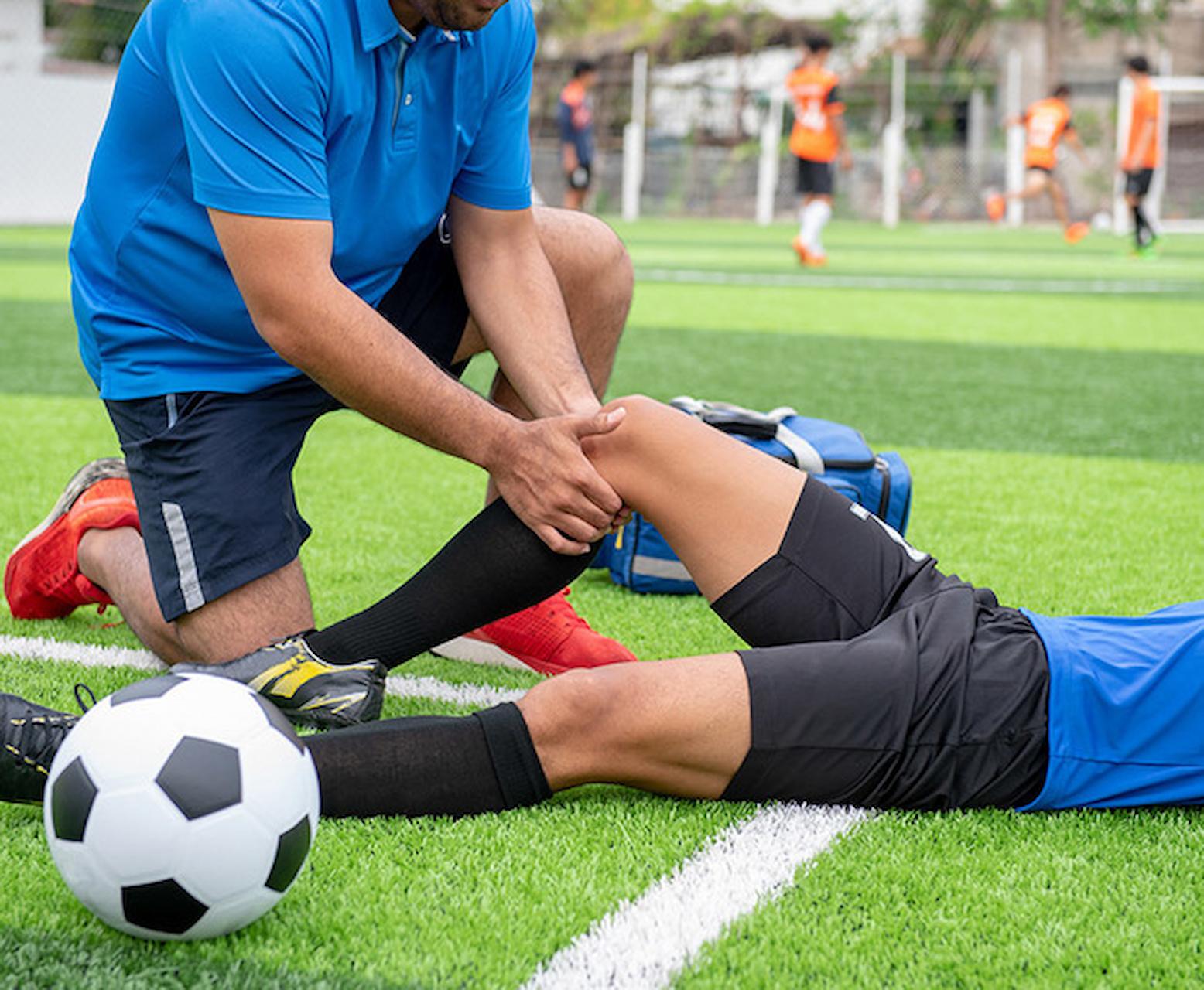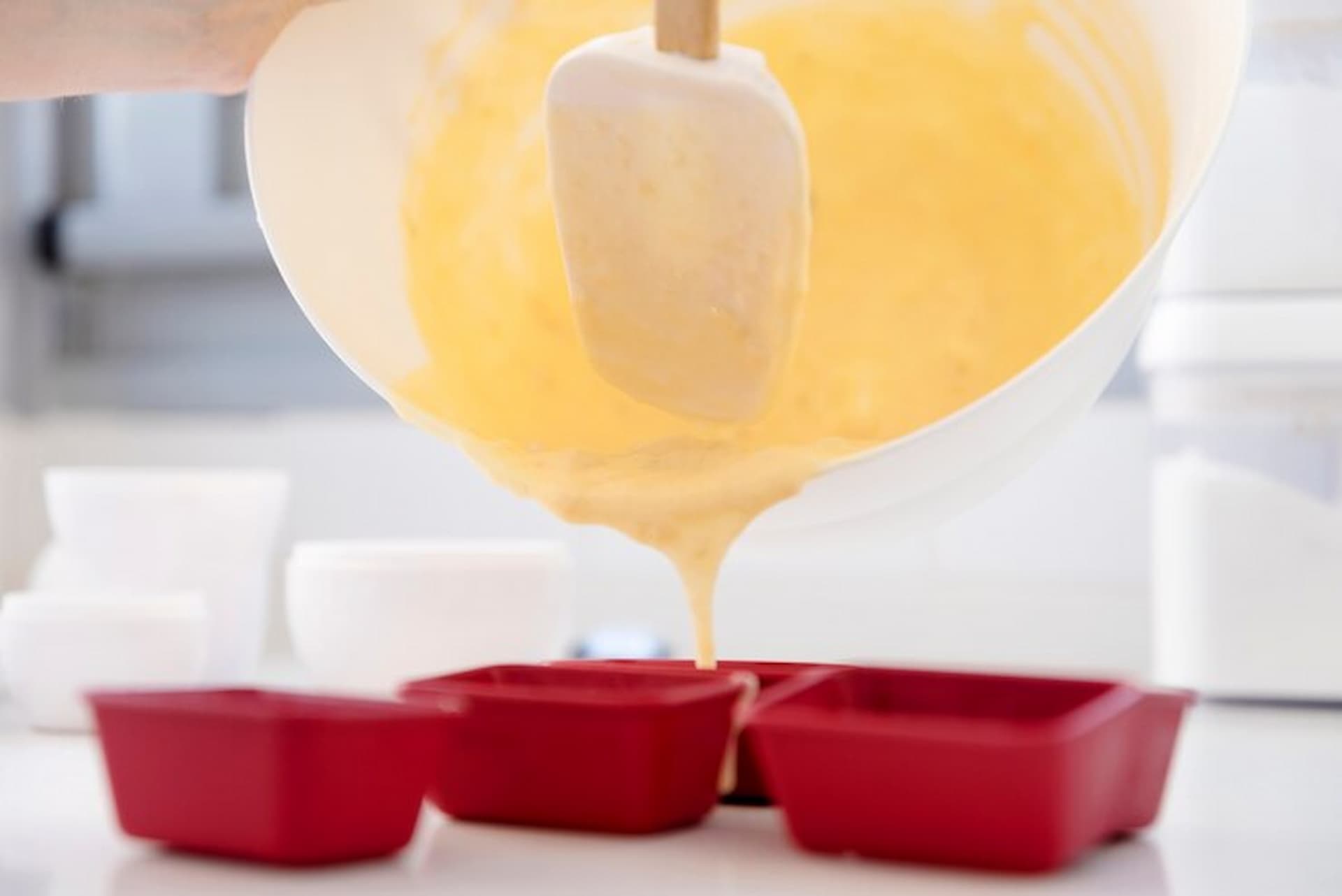The people who participate in sports daily exert cent per cent effort, and the last thing they wish is to be side-lined due to some injury. This is why prevention or safety measures are so significant. Keeping that in mind, make sure to share the below-mentioned tips with young athletes. Ask them to adhere to these to remain on top of their game, or in other words, perform optimally.
Get physical examination
According to a renowned sports injury specialist, a comprehensive PPE or pre-participation physical examination helps make sure that you are absolutely healthy enough to take part in sports.
Stay fit
Staying fit is essential or else you will get tired way before the half time. In order to acquire a desirable physical shape, the young athletes must make sure to exercise. They must visit gyms at least four times a week.
Check equipment
Getting all the protective equipment is necessary. Make sure the shoes fit properly so you feel cent per cent comfortable without worrying about falling, slipping, or tripping. Other things to get include helmets, mouth guards, knee pads, etc.
Stretch and warm up
Stretches or warm-ups are considered the foremost component of any athletic performance training session. An effective warm-up will allow you to boost your body temperature, activate the muscle groups, escalate the blood flow to the active muscular tissues, increase the joint mobility, and trigger the nervous system.
Share personal information
Make sure the coach you have appointed has all of your personal contact details. You must also tell him what sort of medical conditions you have suffered from. Sharing such information may not prevent injuries but at least mitigate the chances of them occurring.
Make sure the coach is prepared
Your coach and the other adults on the side-line must be certified in CPR and first aid. They need to have a fully stocked kit on hand so they can manage the situation when you get injured.
Follow a balanced diet
To replenish the calories burned during a sport, make sure you adhere to a nutritional and well-balanced diet – a diet that provides you with enough energy. Some of the basic foods that every athlete needs to eat are green leafy vegetables, fresh fruits, grains, dairy products, eggs, nuts, flax seeds, lean red meat, etc. They must avoid the supplements, especially the ones that are not approved by the FDA.
Stay hydrated
Drink a substantial amount of water approximately 30 minutes before the game or the practice, and every 20 minutes in between the activity. Staying hydrated increases your stamina, and helps you get going for a long period.
Implementing the tips stated above with maximum caution would allow the young athletes to play without worrying about injuries such as sprains, strains, fractures, concussions, etc. One more bonus tip – sportsmanship is incredibly crucial. Play by the rules under all circumstances, avoid displaying aggression on the field, do not pick fights with the members of your team or the opponent team, and utilize appropriate strategies.



